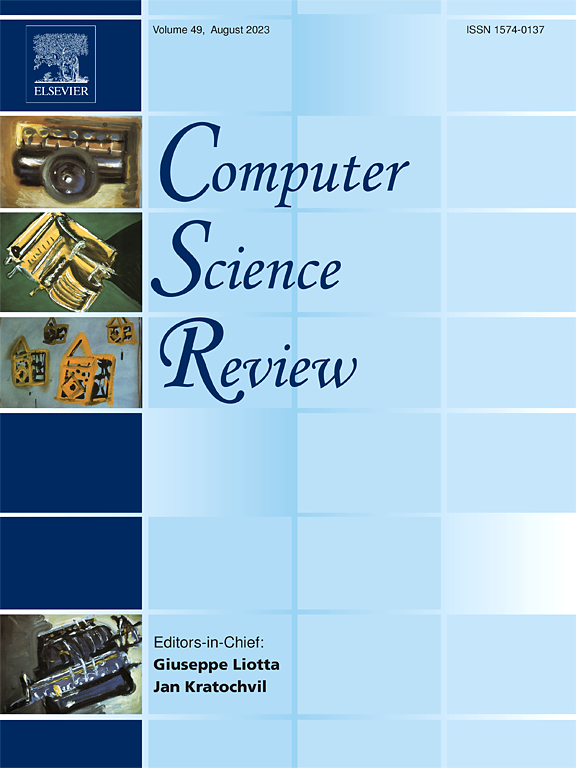Dealing with high dimensional multi-view data: A comprehensive review of non-negative matrix factorization approaches in data mining and machine learning
IF 12.7
1区 计算机科学
Q1 COMPUTER SCIENCE, INFORMATION SYSTEMS
引用次数: 0
Abstract
Non-negative matrix factorization (NMF) has become a well-known model in data mining in recent years. NMF is an unsupervised algorithm that efficiently reduces the number of features while maintaining the crucial information needed to reconstruct the original data by projecting the data onto a lower-dimensional space. NMF's main goal is to automatically extract hidden patterns from high-dimensional vectors; it has been effectively used for prediction, clustering, and dimensionality reduction. On the other hand, a major problem in data mining and machine learning is multi-view decision-making. Multi-view learning is a significant issue in today's multi-modal decision-making environment since it makes use of many and frequently high-dimensional data representations to improve learning outcomes. This study aims to review the state-of-the-art NMF methods for multi-view data processing, encompassing principles, representation approaches, clustering models, and algorithms with various generalizations, developments, and modifications. The review includes discussions on different aspects of the algorithms and provides a comprehensive comparison of their advantages. Additionally, it addresses several open issues and remaining challenges. Ultimately, this review seeks to establish a framework for the NMF concept that may benefit future research.
处理高维多视图数据:数据挖掘和机器学习中非负矩阵分解方法的综合综述
近年来,非负矩阵分解(NMF)已成为数据挖掘领域中一个知名的模型。NMF是一种无监督算法,通过将数据投影到较低维空间,有效地减少了特征数量,同时保留了重建原始数据所需的关键信息。NMF的主要目标是从高维向量中自动提取隐藏模式;它已被有效地用于预测、聚类和降维。另一方面,数据挖掘和机器学习中的一个主要问题是多视图决策。在当今的多模态决策环境中,多视图学习是一个重要的问题,因为它使用许多且经常是高维的数据表示来改善学习结果。本研究旨在回顾用于多视图数据处理的最先进的NMF方法,包括原理、表示方法、聚类模型和各种推广、发展和修改的算法。该评论包括对算法的不同方面的讨论,并提供了一个全面的比较,他们的优势。此外,它还解决了几个悬而未决的问题和仍然存在的挑战。最后,这篇综述试图为NMF概念建立一个可能有利于未来研究的框架。
本文章由计算机程序翻译,如有差异,请以英文原文为准。
求助全文
约1分钟内获得全文
求助全文
来源期刊

Computer Science Review
Computer Science-General Computer Science
CiteScore
32.70
自引率
0.00%
发文量
26
审稿时长
51 days
期刊介绍:
Computer Science Review, a publication dedicated to research surveys and expository overviews of open problems in computer science, targets a broad audience within the field seeking comprehensive insights into the latest developments. The journal welcomes articles from various fields as long as their content impacts the advancement of computer science. In particular, articles that review the application of well-known Computer Science methods to other areas are in scope only if these articles advance the fundamental understanding of those methods.
 求助内容:
求助内容: 应助结果提醒方式:
应助结果提醒方式:


